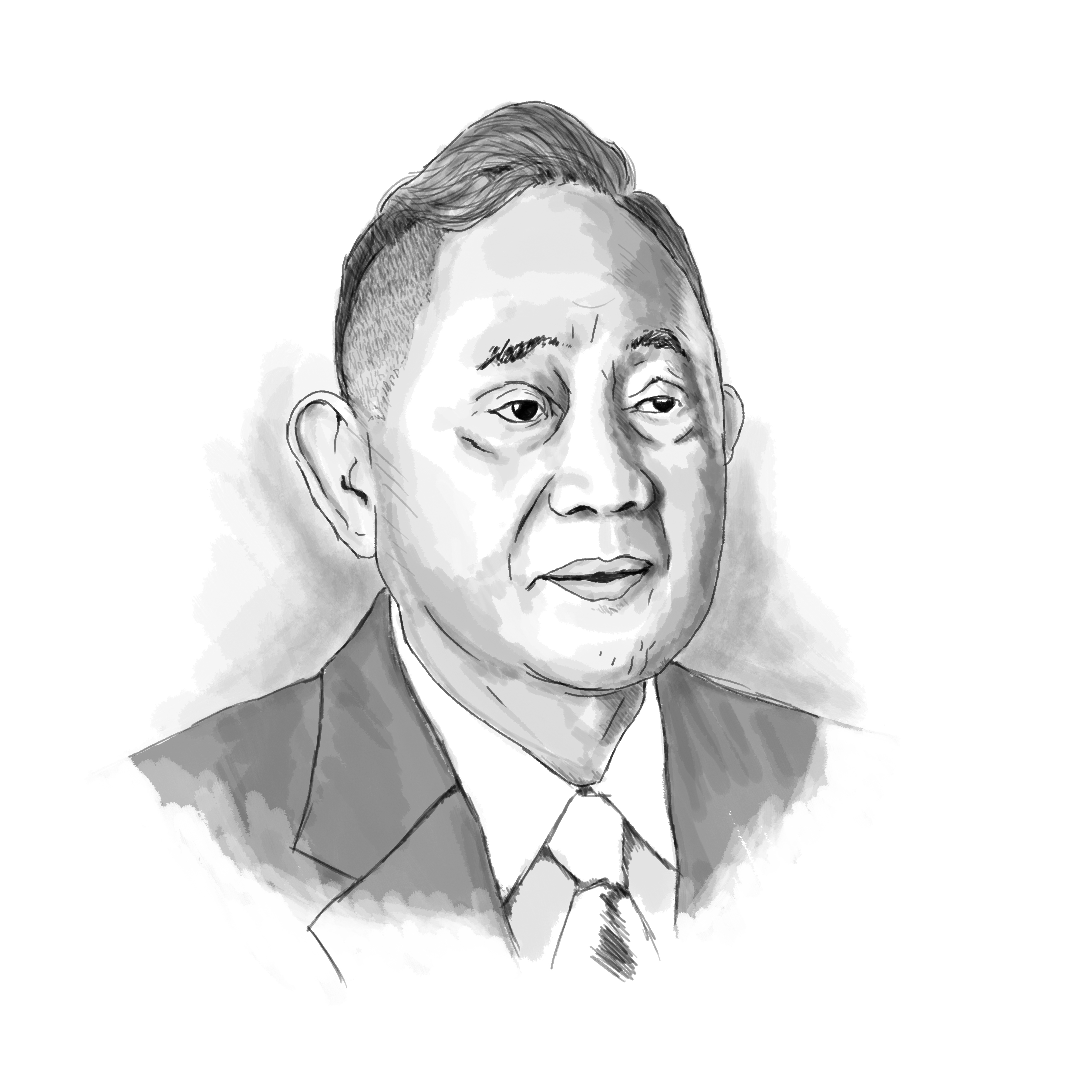PEACE-MAKER

Thailand made history last August 16 when its parliament elected its youngest-ever prime minister, the 37-year-old Paetongtarn Shinawatra.
Paetongtarn is the fourth member of the Shinawatra clan to become prime minister of Thailand. She is the youngest child of Thaksin Shinawatra, who was prime minister from 2001 to 2006. Her aunt, Yingluck Shinawatra, was the first woman prime minister of Thailand and served from 2011 to 2014. Her uncle, Somchai Wongsawat, had a brief stint as prime minister in 2008.
Paetongtarn earned her degree in political science from Chulalongkorn University, one of Thailand’s top schools. She also studied international hotel management at the University of Surrey in England. Before getting involved in politics, she run the hotel arm of her family’s business empire. She joined politics in 2021, when the Pheu Thai Party, founded by her father, named her chief of its inclusion and innovation advisory committee.
Prime Minister Paetongtarn Shinawatra began her tenure amid a turbulent time in Thai politics, following the Constitutional Court’s ruling ordering the dissolution of the progressive Move Forward Party, thus removing Prime Minister Srettha Thavisin from office.
She also faces the difficult task of reviving Thailand's economy, avoiding the military coups and court interventions which have deposed previous administrations led by her party, and the continuous pressure from the military and its royalist allies.
For more than two decades, the Shinawatra family has been a central force in Thailand’s political landscape. The family’s involvement in Thai politics began with Thaksin Shinawatra, a telecom tycoon who rose to power by founding the Thai Rak Thai Party in 1998.
He became prime minister in 2001, riding a wave of popularity fueled by his policies and programs aimed at reducing poverty, improving education, expanding healthcare, and supporting rural communities. His tenure saw substantial economic growth and enhancement of basic services. Thaksin’s pro-growth and pro-rural development programs endeared him to the majority of the population, especially in the rural areas.
In 2006, Thaksin was ousted in a military coup that marked the beginning of a prolonged period of political turmoil. However, the Shinawatras did not disappear from Thai politics. Despite Thaksin’s self-imposed exile, he has remained popular especially among the rural people and his influence remained significant. His political party was dissolved, but its successors, notably the People’s Power Party and later the Pheu Thai Party, carried on his populist legacy and has won all elections. Thaksin returned to the country in August last year after 17 years in self-imposed exile.
In 2011, Thaksin’s sister, Yingluck Shinawatra, was elected Thailand’s first female prime minister. Yingluck’s government pursued policies and programs similar to those of her brother, including subsidy scheme for farmers and infrastructure projects. However, her tenure was cut short by another coup in 2014. Yingluck, like her brother, fled the country, but her departure did not diminish the Shinawatras’ influence over Thai politics.
Recent developments in Thailand brought back memories of our numerous visits in the country as Speaker of the House of Representatives and when we brought together Asia’s political groupings into the International Conference of Asian Political Parties (ICAPP); and our national legislatures into the Asian Parliamentary Assembly (APA), both of which have grown rapidly into advanced organizations.
One of our most steadfast supporters in our advocacy has been our long-time friend, Thaksin Shinawatra and later, his sister, Yingluck Shinawatra. Our wife Gina and we last met with them in London in October 2018, when we spoke at a conference organized by the European Parliament.
It was in the historic capital, Bangkok, on November 2002 that then Prime Minister Thaksin and the ruling Thai Rak Thai Party hosted the second general assembly of the now 352-member International Conference of Asian Political Parties (ICAPP), following its founding and launching in Manila in September 2000.
At the conference, leaders of political parties from 25 countries in Asia that participated underscored the central role and responsibility of political parties in national, regional, and international policy and development processes and in dealing with the challenges of globalization arising out of the world’s changing political, economic, social, and technological landscapes.
Indeed, the Shinawatra family story is one of resilience and adaptability, continually reshaping themselves to remain central to the political conversation, despite the efforts of their opponents to sideline them.